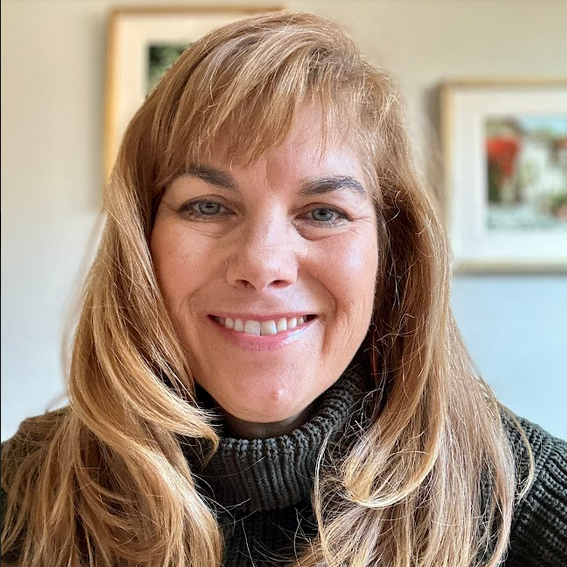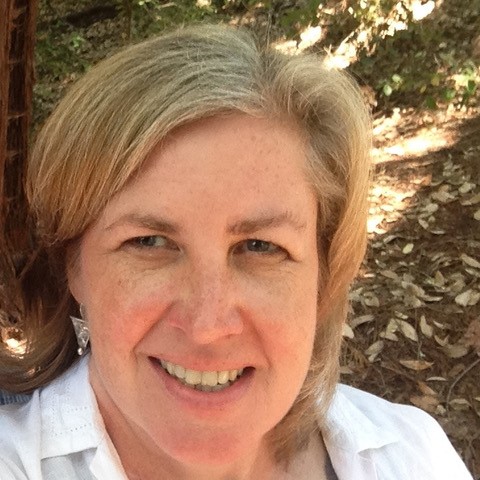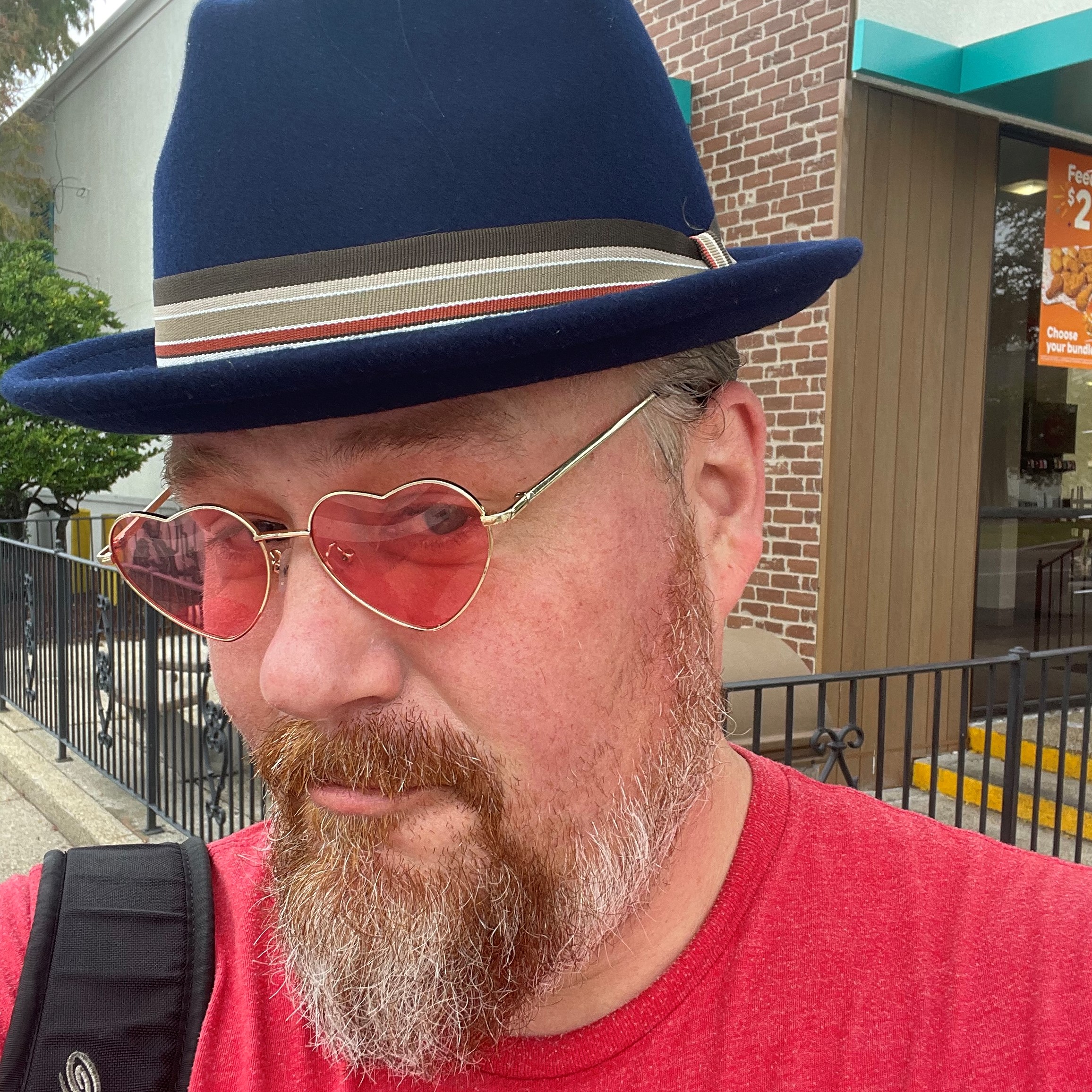- UNO
- College of Arts and Sciences
- Department of Mathematical and Statistical Sciences
- SIGMAA on RUME Conference Program
Presentation Schedule
All paper and poster presentations can be found in the online conference program. If you are attending the conference virtually, we will utilize the Gather Town virtual space such that the space mirrors the physical in-person space. Thus, whether you are in-person or virtual you will attend all paper presentations in the room listed on the program.
All attendees can use the Gather Town space at any time, whether you are a virtual or in-person attendee. The only in-person exclusive events at Conference RUME are the in-person poster sessions. We plan to provide a space for in-person poster presenters to share digital copies of their posters.
All attendees will receive virtual space information a few days before the start of the conference. The conference program is subject to change up until the start of the conference; any changes made after the start of the conference will be announced to all attendees. Program changes after the conference begins are not typical.
Invited Plenaries
Hortensia Soto (Colorado State University)
Plenary Title: Rotate and Fan Out Your Hand to Unlock the Geometry of Complex Analysis
Abstract: Embodiment, specifically gesture, in conjunction with metaphors can unveil one’s reasoning about mathematics. In this talk, I will share what my colleagues and I have learned regarding visualization of complex analysis concepts. A pivotal finding is that understanding the geometry behind complex multiplication can unlock the geometry behind other inscriptions such as f’(z) = dw/dz , ∫c f(z)dz , and the Cauchy-Riemann equations. In concluding remarks I will offer implications for teaching complex analysis and the role of embodiment.
About: Hortensia is a Professor at Colorado State University. Her research centers on the teaching and learning of undergraduate mathematics where she adopts an embodied cognition perspective. Hortensia has mentored young women and promoted mathematics via summer outreach programs. She has facilitated professional development for K-16 teachers in Nebraska, Colorado, and California. She is a recipient of the MAA Deborah and Franklin Tepper Haimo Award for Distinguished College of University Teaching of Mathematics.
Hortensia is a working member of the MAA. She served as the Associate Treasurer, the Associate Secretary, as an editor of the MAA Instructional Practices Guide, and currently serves as MAA President-Elect. She enjoys hiking, practicing yoga, meditating, reading, and most of all spending time with her son Miguel.
Natasha Speer (University of Maine)
Plenary Title: RUME at 25 years: Moments from our past and planning for our future
Abstract: The RUME community has amassed substantial findings about the vast array of factors that shape how students learn mathematics. In our roles as researchers and instructors, we are also frequently reminded of the challenges that remain in our quest to create robust learning opportunities for students. What lessons might we learn from our own history as well as the history of those outside of the undergraduate mathematics education community who have worked on similar challenges? How might we use those lessons to help us think about the broad impact we hope to have and plan the future of RUME?
About: Natasha Speer is a faculty member in the Department of Mathematics and Statistics and the Center for Research in STEM Education at The University of Maine. Her work focuses on the teaching of college level mathematics, with particular attention to the professional growth of those who are at the beginning of their careers as instructors. She is part of a team that supports faculty who provide professional development to novice college mathematics instructors. These efforts include providing access to instructional materials for use in teaching-focused professional development programs and offering workshops to those who design such programs. Her particular research interests include investigations into the knowledge and practices instructors use to facilitate students' learning via collaborative group work, problem-solving and whole-class discussions.
Warren Christensen (North Dakota State University)
Plenary Title: “That’s not a math question.”: Investigating the boundary between Mathematics and Physics Education Research
Abstract: At a time when traditional disciplinary boundaries are shifting, there are increasing calls for discipline-based education researchers (DBER) to work across these boundaries. For at least thirteen years, there has been an interdisciplinary conversation at RUME developing around questions of how students reason mathematically in the sciences. When the author first attended RUME in 2009, it was as part of an effort to describe students' use of integration in thermal physics. Despite what was believed to be a thoughtful design comparing physics and mathematics versions of the same integration task, mathematicians pushed back with the comment: “That’s not a math question.” It turns out that designing genuine interdisciplinary research projects and tasks is not trivial. This talk will focus on lessons learned from conducting research across disciplines and advice for those new to research at the disciplinary boundary.
About: Christensen (he/him) is an Associate Professor at North Dakota State University in the Department of Physics. His research focuses on learning and teaching at the intersections of disciplines at the University level. Under that broad umbrella his most extensive work has been at the boundary between middle-division mathematics and upper-division physics. He most often uses a Framing and Resources Theoretical Framework when designing studies and analyzing data.
He is a long-standing member of the American Association of Physics Teachers and the American Physical Society. He has been previously awarded NDSU’s College of Science and Mathematics Ambassadors Excellence Award. He is currently serving on the NDSU President’s Cabinet and is the President-Elect of the NDSU Faculty Senate. His interests include cooking, eating and laughing with the ones he loves. Additionally, he enjoys singing, shopping locally, watching 80s movies with his sons and sitting on his porch.
Pre-Conference Working Groups
Please click on a title for additional details.
Research on Community College Mathematics
Fire Circles on Undergraduate Mathematics Education Research with Indigenous Communities
Teaching Geometry for Secondary Teachers
Research on College Mathematics Instructor Professional Growth
Research on Technology in Undergraduate Mathematics Education
Understanding the Usage of Bioscience in Mathematics Teaching
Organizational Director
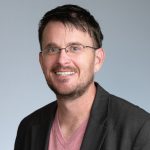
Samuel Cook, PhD
statssamcook@gmail.com
SIGMAA on RUME Conference Chair
Boston University (Wheelock College)
Local Organizers
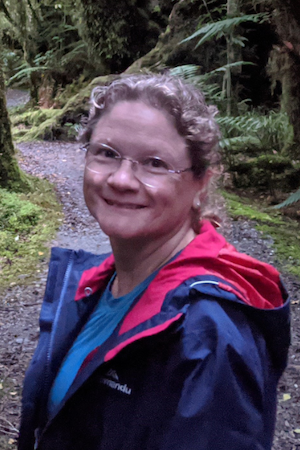
Nicole Infante, PhD
ninfante@unomaha.edu | 402.554.3522
Associate Professor
Director of Quantitative Reasoning
Lower Curriculum Committee Chair
Program Committee
Members of the RUME Conference Program committee work with the Organizational Director in reviewing and selecting the conference program. All paper submissions are reviewed by at least one member of the Program Committee. The following members of the RUME community volunteered their time to be on this committee.
Naneh Apkarian (Arizona State)
Annie Bergman (Fort Lewis College)
John Paul Cook (Oklahoma State)
Jen Czocher (Texas State)
Tim Fukawa-Connelly (Temple)
Neil Hatfield (Penn State)
Shandy Hauk (University of San Francisco)
Nicole Infante (University of Nebraska Omaha)
Estrella Johnson (Virginia Tech)
Brian Katz (Cal State Long Beach)
Igor’ Kontorovich (University of Auckland)
Kristen Lew (Texas State)
Kate Melhuish (Texas State)
Mary Pilgrim (San Diego State)
Rachel Rupnow (Northern Illinois)
Jason Samuels (City University of New York)
Irma Stevens (University of Rhode Island)
Nick Wasserman (Columbia – Teachers College)
Megan Wawro (Virginia Tech)
Michelle Zandieh (Arizona State)
